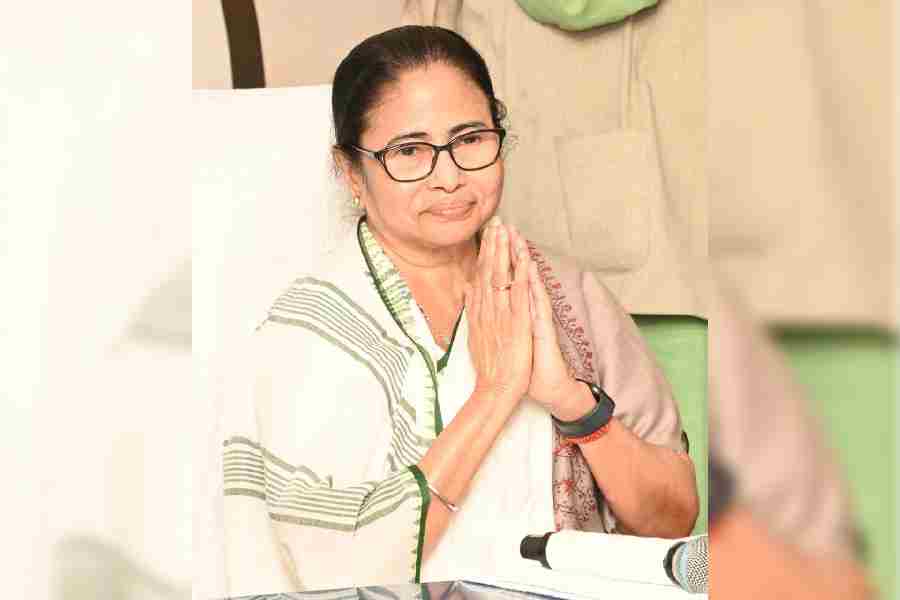West Bengal Chief Minister Mamata Banerjee on Thursday wrote to Prime Minister Narendra Modi, requesting him to issue necessary instructions to the Ministry of Home Affairs (MHA) so that Bengali is accepted as a 'classical language' at the earliest.
She said in the letter that Bengali is the second most spoken language in India and the 7th most spoken language in the world.
In a press conference here, Banerjee hit out at the central government for not paying heed to the state’s long-standing demand for renaming West Bengal to 'Bangla.
"We had passed it (proposal of changing the state's name to Bangla) twice in the Assembly and clarified all their confusions. But yet we were not given the name. If Bombay can be Mumbai, Orissa can be Odisha, why are we not allowed the new name? Bengal's importance is being reduced," she said.
As the name of West Bengal begins with W, which alphabetically is at the end, officials are made to wait at meetings where representatives of other states are also present, Banerjee said.
Opportunities to speak are allotted alphabetically.
The chief minister said if two states having the same name of Punjab could be there in India and Pakistan, a country named Bangladesh and a state named Bangla could also co-exist.
In her letter to Modi, she said there are already six officially recognised classical languages — Tamil, Sanskrit, Telugu, Kannada, Malayalam, and Odia.
Banerjee attached the summary of a scholarly work undertaken by the state government, which dated the origin of the Bengali language to the 3rd or 4th Century BCE.
This "will very briefly state the substance of our contention and submit how Bengali eminently qualifies to be classified as a Classical Language by the Ministry of Home Affairs," she wrote to the Prime Minister.
Apart from being the national language of Bangladesh, Bengali is an official language of West Bengal, she said adding that it is the second most spoken language in India as well as the 7th most spoken language in the world.
Bengalis have a rich heritage and culture dating back to prehistoric times, she said.
The chief minister also referred to the language's rich historical evolution encompassing "both oral and written traditions".
She also cited the "evidence - from archaeological findings, inscriptions, references in ancient Sanskrit and Pali texts, and a substantial body of pre-seventh-century Bengali literature underpins its classical heritage".
"I would be grateful if you kindly issue necessary instructions to the MHA so that the claim of Bengali language as a classical language is accepted at the earliest," she concluded.
Later speaking to reporters, Banerjee, blamed the the erstwhile Left Front government, without naming it, for not taking up the matter of the 'Bengali' language with the Centre.
"We should have got it long back, but it's because of our idiocy, we did not get it. Because those who were here (in power in Bengal) before us never thought in this manner. They were more interested in doing politics," she said.
Banerjee said that she was also sending four volumes of the research works to the MHA.
"We have constituted teams of officials and scholars to carry out this research. Bengali could have got the classical status long back. It has a history of 2,500 years. Once granted the status, it will make Bengali one of the world's most important languages," she stressed.
Except for the headline, this story has not been edited by The Telegraph Online staff and has been published from a syndicated feed.











